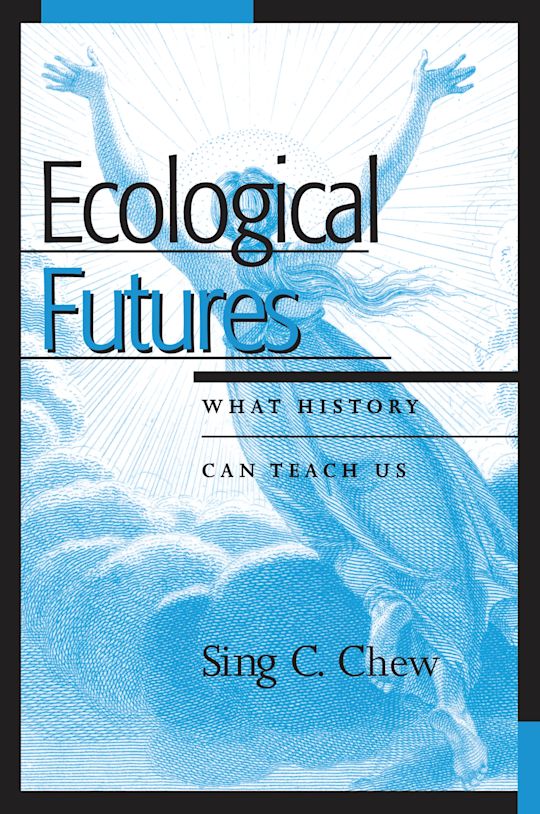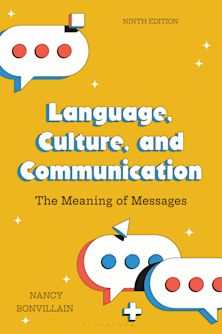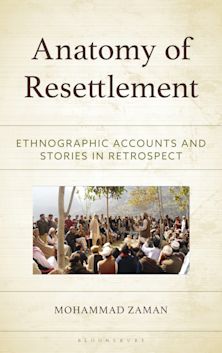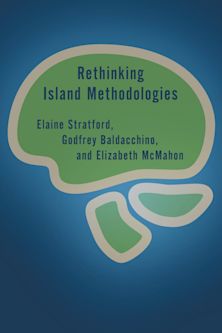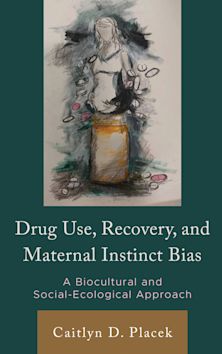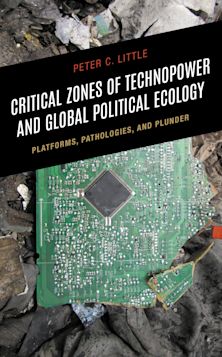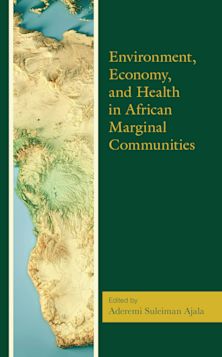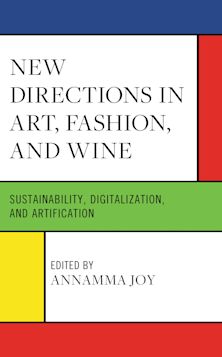- Home
- ACADEMIC
- Anthropology
- Anthropology - Other
- Ecological Futures
You must sign in to add this item to your wishlist. Please sign in or create an account
Description
Ecological Futures, the final book in Sing C. Chew's trilogy on world ecological degradation, proposes that our own era exhibits ecological conditions similar to those of the past. The climate changes, environmental crises, mass population migrations, and socioeconomic disorganization we find in our globalized world also characterized the Late Bronze Age and the period following the fall of the Roman Empire. Given such historical parallels, can history tell us what to expect? Analyzing past trends, Chew identifies a set of long-term structural changes common to previous systemic crises and suggests possible outcomes. These 'possible futures' include the collapse of systems, territories, informational technologies, and communities in an era of scarce resources, political reorganization, and globalization.
Table of Contents
Chapter 2 Introduction: System Demise
Chapter 3 Chapter 1. The Conditions: Climate and Diseases
Chapter 4 Chapter 2. The Reactions: Alternate Life-Practices
Chapter 5 Chapter3. The Transitions
Chapter 6 Chapter 4. The Transformations
Chapter 7 Chapter 5. The Futures
Product details
| Published | 27 Jun 2008 |
|---|---|
| Format | Ebook (PDF) |
| Edition | 1st |
| Extent | 182 |
| ISBN | 9780759112230 |
| Imprint | AltaMira Press |
| Publisher | Bloomsbury Publishing |
About the contributors
Reviews
-
This is the concluding volume of Sing Chew's trilogy on the relationship between society and the environment over five thousand years of world history. . . . Extensively researched, readable, and compelling, Ecological Futures takes an unsparing look at how contemporary societies will change during the current era of climate change.
Bill Devall, Deep Ecology Resource Center, co-editor The Ecology of Wisdom
-
Life on earth is predicated on the conjunction of a variety of environmental factors. Throughout history societies and civilizations have experienced crises when these conjunctions became less favorable. It is our modern conceit that we have somehow escaped those problems. Sing Chew's well-researched trilogy, of which this is the third volume, is a powerful antidote to this fundamental misconception about possible and probable futures.
William R. Thompson, emeritus, Indiana University









